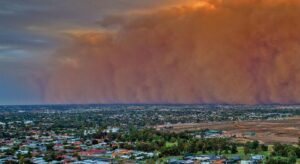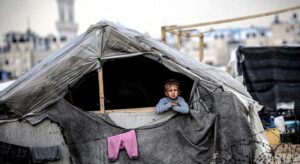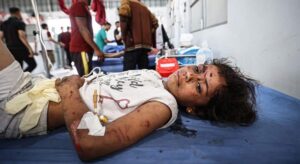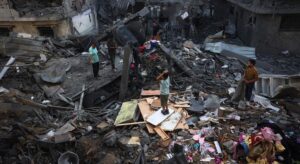A new legal investigation released this Friday by a UN commission has highlighted the urgent need for all States and international organizations, including the United Nations, to act to put an end to Israel’s illegal presence in the Occupied Palestinian Territories. Navi Pillay, who chairs this commission, has emphasized that the illegally actions committed by Israel not only involve its responsibility, but also involve other States in the international community.
Pillay has insisted that States must refrain from recognizing Israel’s territorial claims, especially in relation to Jerusalem, avoiding establishing diplomatic representations in this city that Palestinians consider the capital of their future State. The commission has also pointed out that it is essential not to provide any kind of support, whether financial, military, or political, that could sustain the illegal occupation. It was also mentioned that both the General Assembly and the UN Security Council must consider effective measures to end this occupation.
Simultaneously, the situation remains tense on the Blue Line of Lebanon, where the United Nations Interim Force in Lebanon (UNIFIL) has reported a significant increase in military activity. In the last 24 hours, 966 projectiles and 70 violations of Lebanese airspace by the Israeli Defense Forces have been recorded. António Guterres, the Secretary-General of the UN, has reiterated the need for an immediate ceasefire, maintaining the position of peacekeeping forces in the area, emphasizing that stability and peace must prevail.
Meanwhile, the situation in Haiti is becoming increasingly critical. The International Organization for Migration (IOM) has indicated that over 700,000 people have been displaced due to the increase in violence, a figure that represents a 22% increase since June. This massive displacement includes hundreds of thousands of children, and most of those affected have been relocated outside of Port-au-Prince. This has created notable tensions in host communities, which now face food shortages and serious limitations in healthcare. Despite the challenges, the IOM continues to work to provide assistance to the displaced, collaborating closely with the Haitian government and local organizations to mitigate the effects of this humanitarian crisis.
Referrer: MiMub in Spanish











